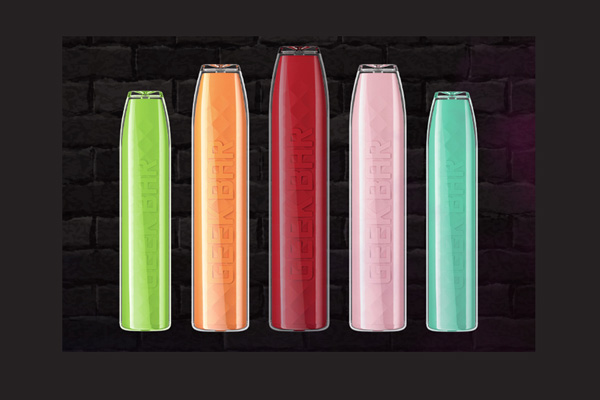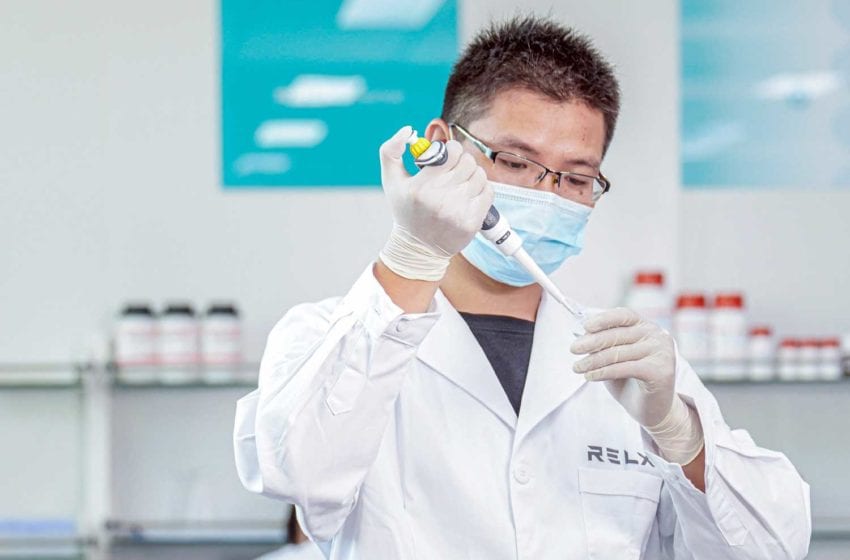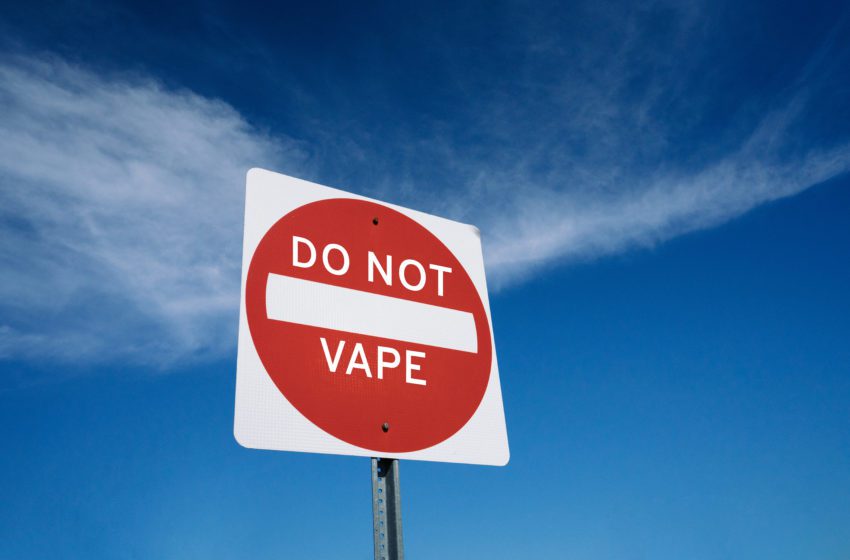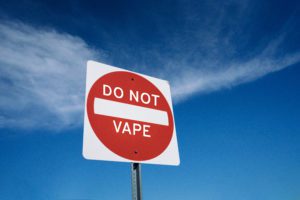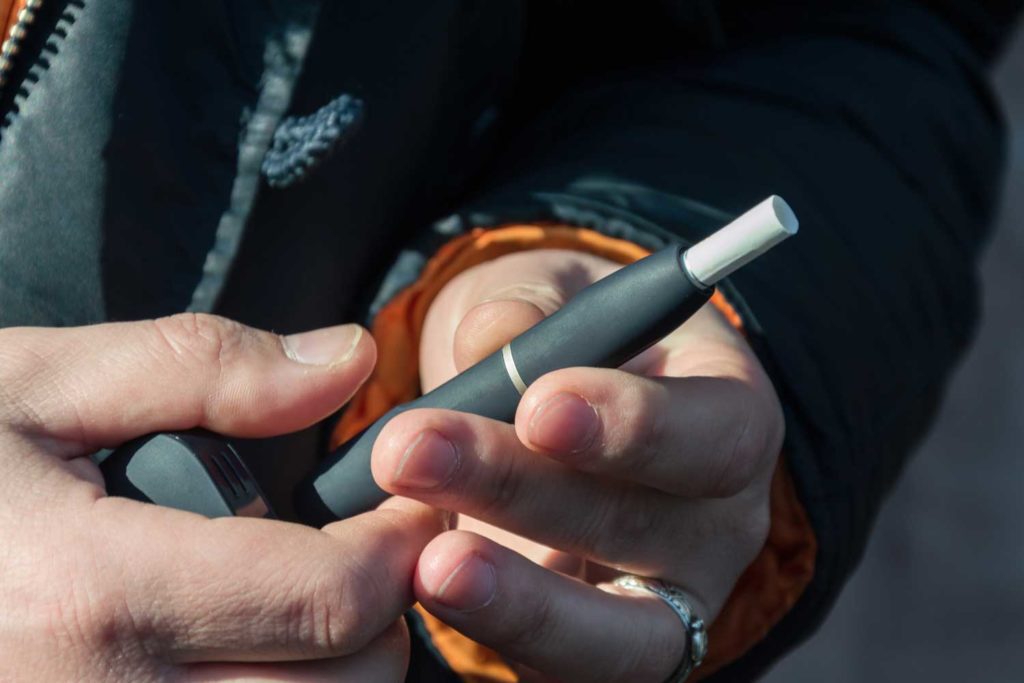
It doesn’t stop. Since the U.S. Centers for Disease Control and Prevention and U.S. Food and Drug Administration wrongly blamed nicotine vaping products as the cause of e-cigarette or vaping use-associated lung injury (EVALI) numerous news outlets continue to spread the misinformation.
The official website for the U.S. Army yesterday published an article wrongly blaming EVALI on nicotine vaping products. The article states that “vaping has been commercially available since the early 2000s, and there have been hundreds of reports” of EVALI since then. “Public Health officials advise against the use of e-cigarettes, but highly recommend purchase from known vendors, if consuming … Washington says an estimated 200,000–300,000 active duty service members are diagnosed with acute respiratory issues annually.”
After the CDC announced that vitamin E acetate in black market marijuana vaping products was the cause EVALI more than two years ago, many media outlets continue to falsely blame nicotine vaping products for the lung illness that was first identified in 2019.

A study published in January 2020 in the journal Toxics provided important insight into the lung intoxication epidemic. The study presented, for the first time, a comprehensive analysis of products used by EVALI patients. Vitamin E acetate was the main finding in cannabinoid liquids. No compound that could be linked to EVALI was found in the two nicotine products tested.
Some tobacco control experts said the CDC created panic with its refusal to directly blame the actual causes of EVALI, vitamin E acetate in illegal THC vapes. Following CDC’s lead, state health departments spread the word that using an e-cigarette to quit smoking could be life-threatening — so much so that seven states issued emergency bans on the sale of most or all electronic cigarettes.
“Throughout its investigation of the first outbreak, CDC created public hysteria over the dangers of electronic cigarettes by attributing the outbreak to all vaping products, whether they contained nicotine or THC and whether they were purchased at a highly regulated vape shop or from a drug dealer on the street,” wrote Michael Siegel, a professor in the Department of Community Health Sciences, Boston University School of Public Health, where he has conducted research on tobacco for 25 years, at the time. “The very name that CDC attached to the outbreak directly implicated electronic cigarettes, which are nicotine-delivery devices that are effective in helping adult smokers to quit smoking. Following CDC’s lead, state health departments spread the word that using an e-cigarette to quit smoking could be life-threatening — so much so that seven states issued emergency bans on the sale of most or all electronic cigarettes.”





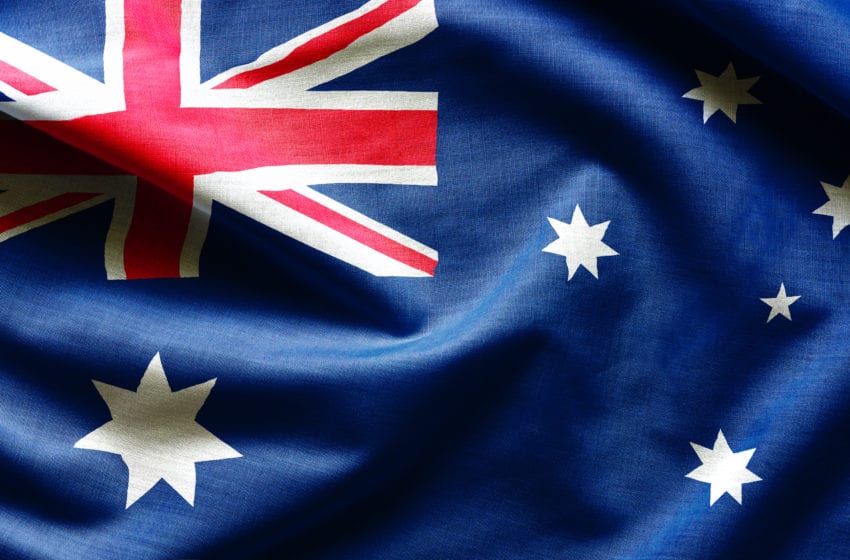




 A seven percent rise in full-year adjusted revenue to 25.7 billion pounds ($34.8 billion) was reported by
A seven percent rise in full-year adjusted revenue to 25.7 billion pounds ($34.8 billion) was reported by 


